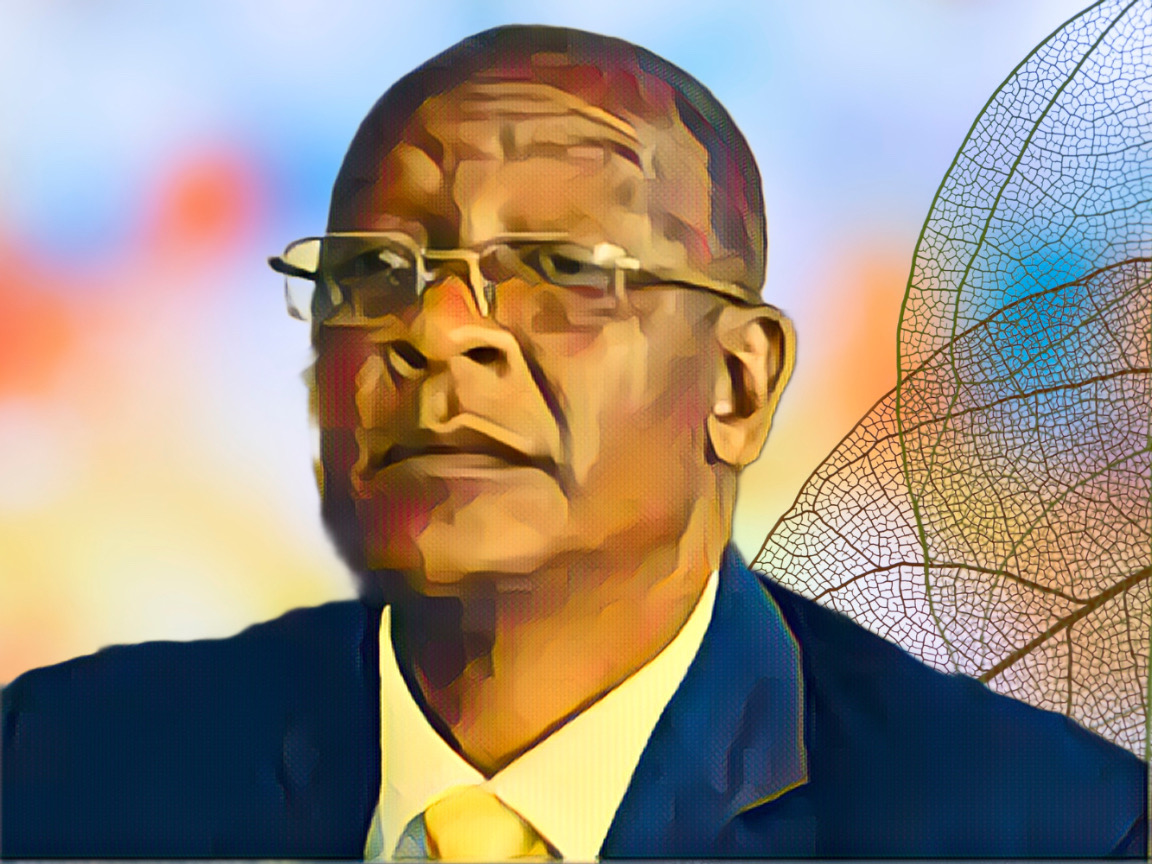The Zimbabwean government has chosen to make significant policy changes to the controversial Private Voluntary Organizations (PVO) Amendment Bill. After lengthy discussions, this decision was made in response to concerns raised by non-governmental organizations (NGOs) about possible limitations on their ability to carry out their missions. This move is a change from the government’s harsh past tactics against NGOs, which it has charged with interfering in the political process of the country.
Minister of Justice, Legal, and Parliamentary Affairs Ziyambi Ziyambi verified the event in Harare after a successful conference with delegates from several non-governmental organizations. Ziyambi said, “I am really pleased with the discussions; they were intense, we learned a few things, and we are going to change the bill in its current form.” He said the conversation with the NGOs was enlightening and allowed for a mutual understanding of the government’s intentions behind the bill.
Ziyambi elaborated, “We have noticed that there are issues that are also not consistent, but I believe the interaction allowed the NGO sector to appreciate where the government was coming from. When they go back, they will now understand and appreciate that the Bill is not about punishing the NGO sector but just a regulatory framework that will allow them to do their work freely without any hindrances.”
One major source of dispute has been the PVO Amendment Bill, which was passed by the government in February 2023. Opponents contend that by enforcing stringent laws that may make it difficult for NGOs to function freely and effectively in Zimbabwe, the goal is to limit their efficacy. The provisions of the bill have been seen as an attempt to regulate the NGO sector while concealing its existence.
In addition, the debate surrounding the law became more heated following instances of disturbances at public hearings, which were a parliamentary procedure used to get feedback on the issue. Unrest that was purportedly sparked by youth leaders from the ruling Zanu PF party disrupted these proceedings. Tensions increased last month after an open threat by a Zanu PF youth leader to “deal with” journalists after inquiries were made regarding his links to the disruptive crowds at these hearings.
During the interrupted hearings, some expressed worries that the bill would give the line minister undue authority, hence, compromising the independence and management of non-governmental organizations. Civic society organizations have fiercely opposed the measure, claiming it violates the right to free expression and gives the government excessive authority over their day-to-day operations, including disclosing their funding sources.


